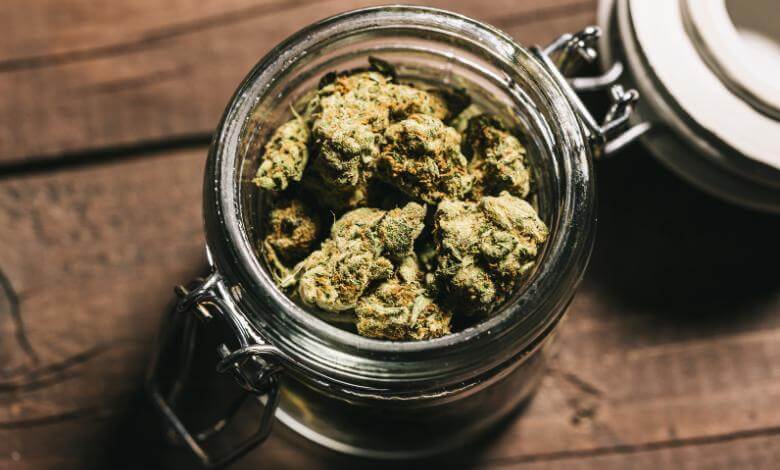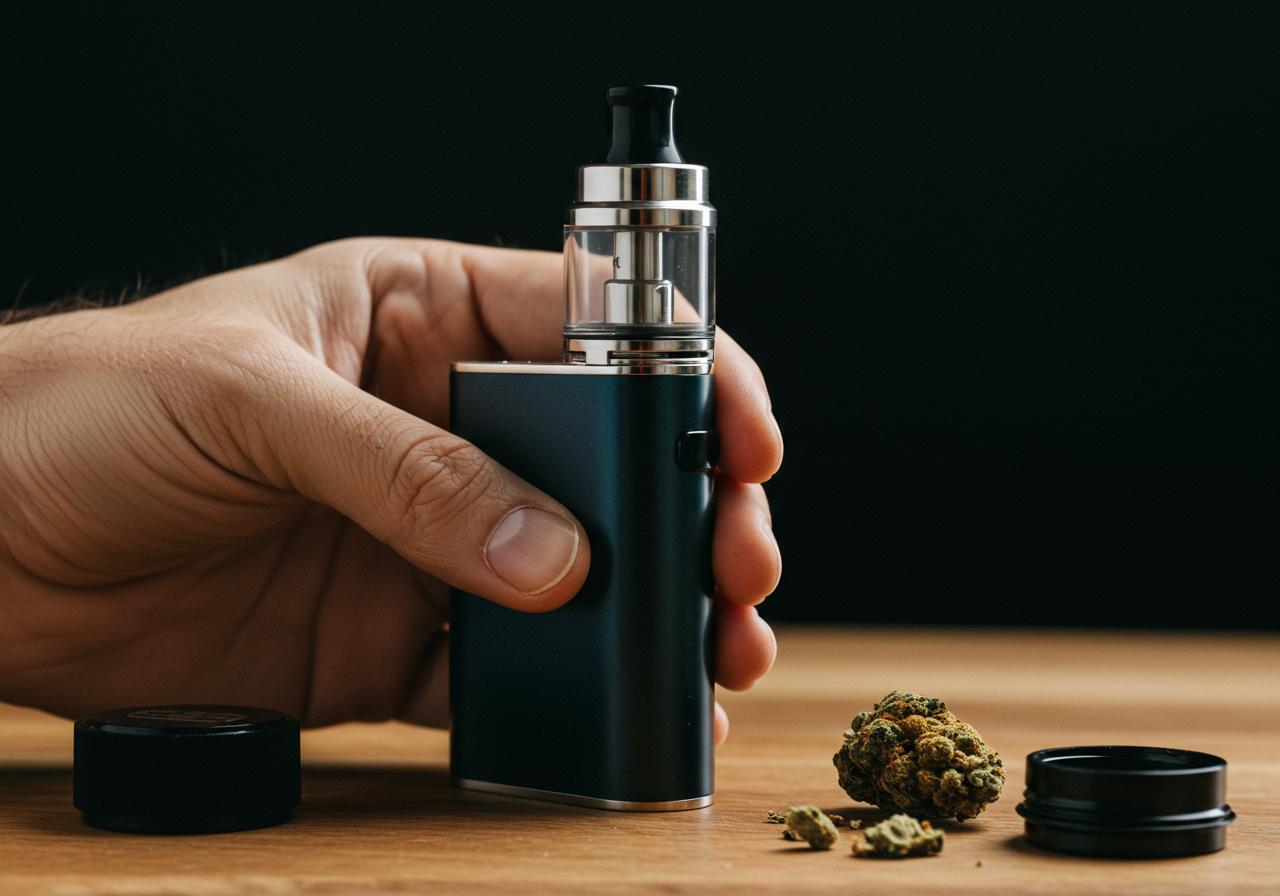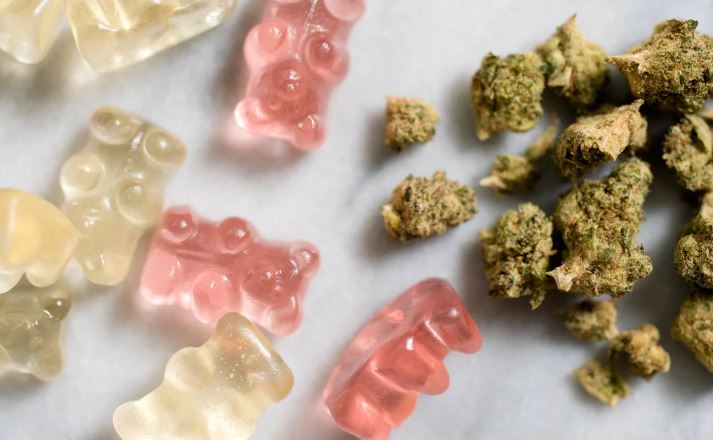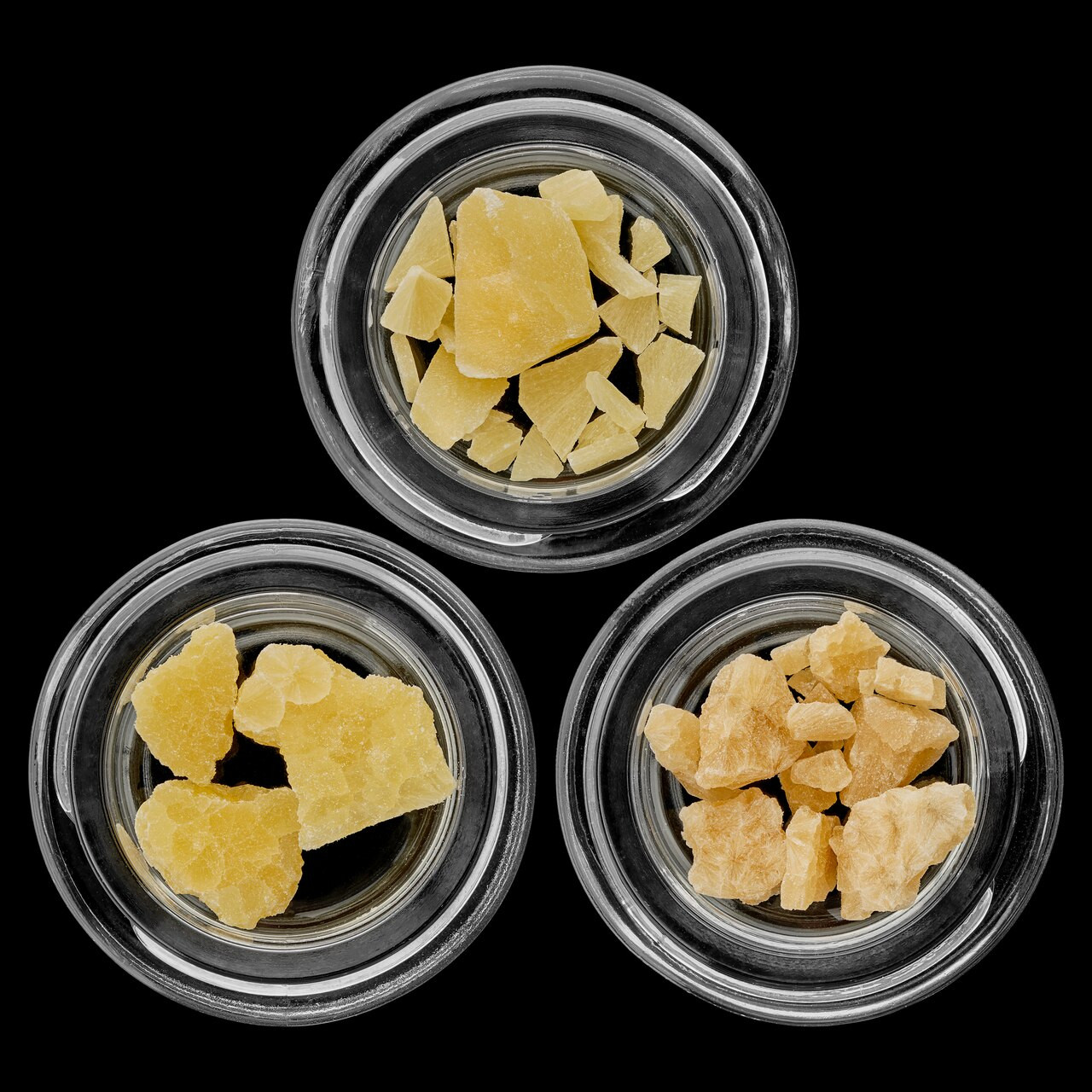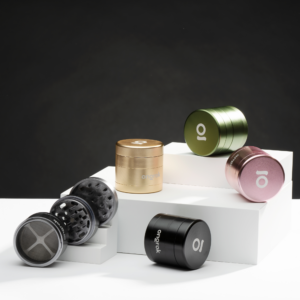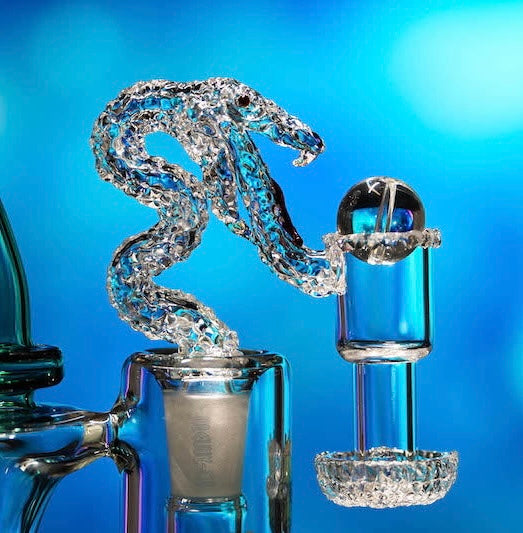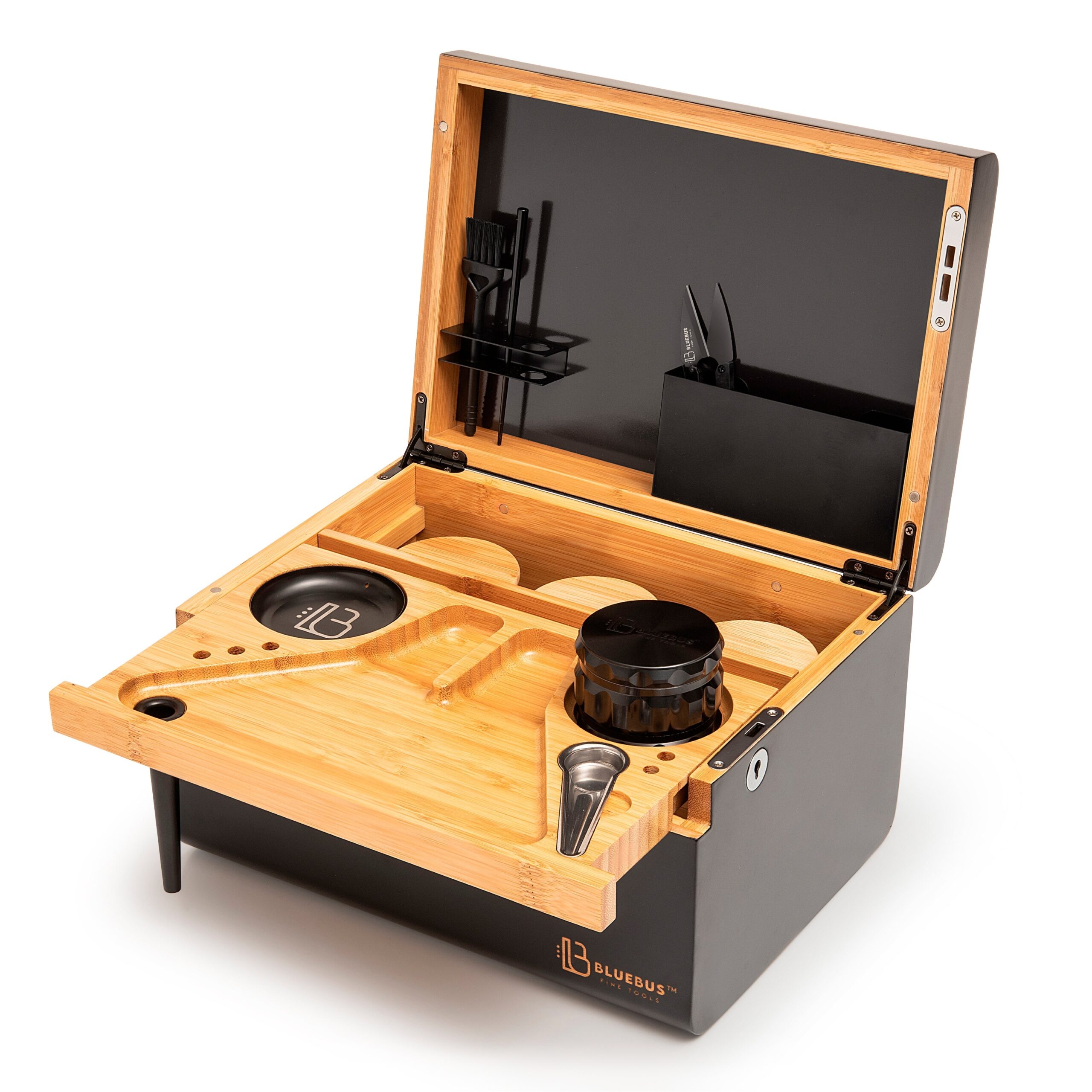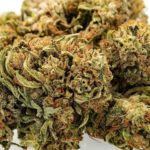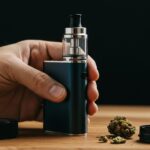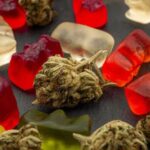Hemp Seeds vs. THC Cannabis Seeds: What’s the Difference?
Published on August 15, 2025
Last Updated on January 6, 2026
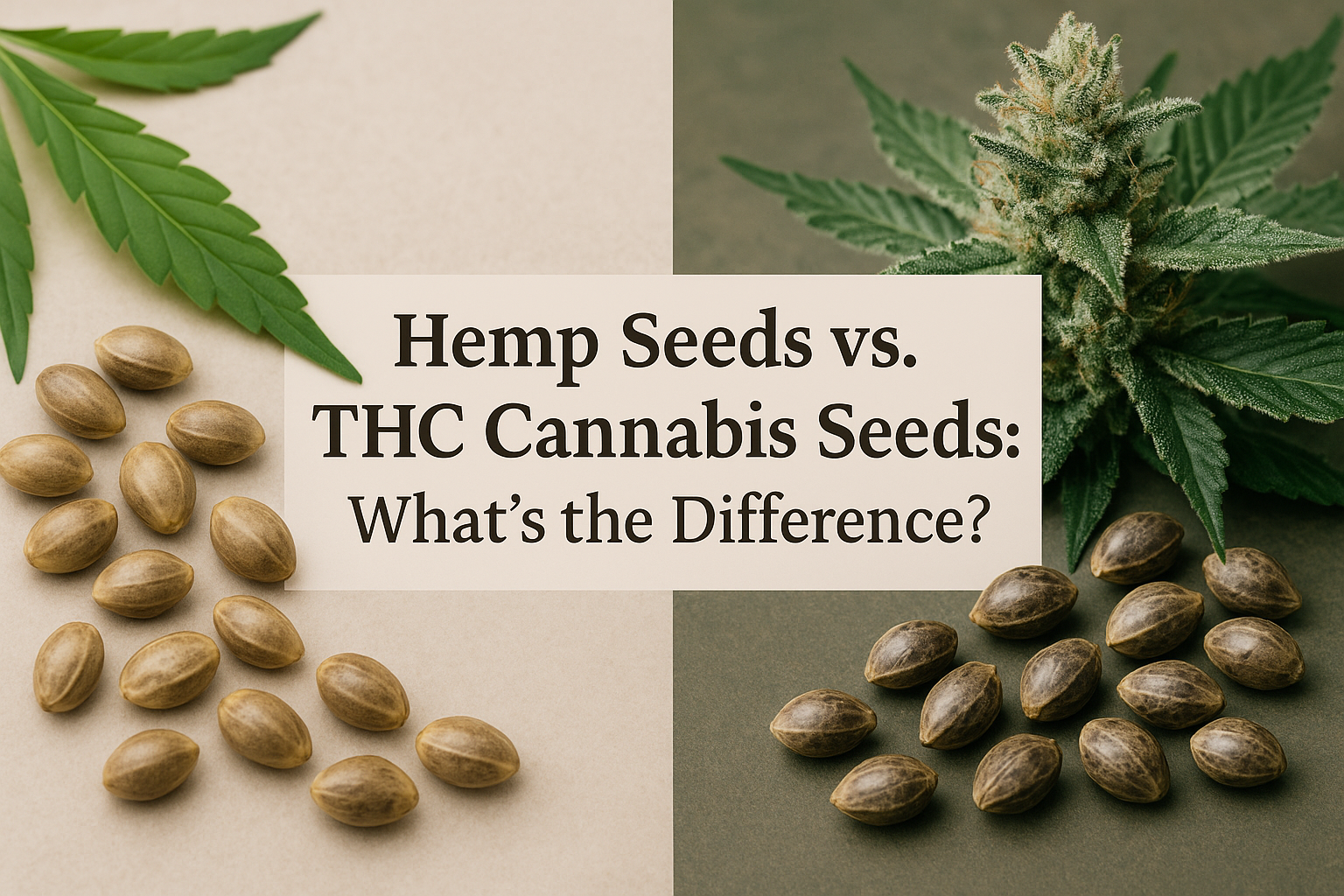
Introduction
Picture this: you’re standing in a shop or scrolling an online catalog, and you see two nearly identical bags labeled hemp seeds and cannabis seeds. They look the same, brown little teardrops with faint stripes, like sunflower seeds that went to a goth concert. But here’s the twist—plant one, and you might end up with a field of towering hemp for rope and protein powder; plant the other, and you’re looking at dense buds coated in resin, the foundation of recreational and medical marijuana.
Same species, very different outcomes. Both come from Cannabis sativa, yet their purposes split dramatically depending on how they’re bred and how the law sees them. This is where the confusion usually begins: hemp seeds vs. THC cannabis seeds—what’s the actual difference?
What Are Hemp Seeds?
At the simplest level, hemp seeds are bred to grow hemp plants. These plants are legally defined in the U.S. (thanks to the 2018 Farm Bill) as having no more than 0.3% THC content. That’s less than the alcohol left in kombucha after a week in your fridge.
Hemp plants are the overachievers of the agricultural world. Farmers grow them for industrial hemp fiber (textiles, paper, building materials), hemp hearts (nutritious seeds used in smoothies and salads), hemp protein powder, hemp oil, hemp milk, and even hemp-derived CBD extracts. The seeds themselves can be roasted for snacks or pressed for seed oil that ends up in everything from skincare to salad dressings.
Legal status? In most places, hemp seeds are considered safe to trade and cultivate, precisely because they won’t get anyone high. They’ve become a backbone of the wellness industry, with hemp protein and hemp seed oil sitting comfortably next to almond milk and chia seeds on grocery store shelves.
What Are THC Cannabis Seeds?
On the other side of the family tree, you have cannabis seeds bred to grow plants rich in THC—the psychoactive compound that gives marijuana its reputation and its “high.” These are sometimes labeled as marijuana seeds, regular cannabis seeds, or feminized seeds depending on the cultivation intent.
These seeds are designed to sprout into plants with dense, resin-coated flowers. Recreational users prize them for the psychoactive buzz; medical marijuana patients rely on them for therapeutic benefit, whether it’s easing pain, reducing nausea, or calming anxiety.
The catch? Legality. While hemp seeds often travel freely across borders, cannabis seeds are entangled in a knot of regulations. In the U.S., they fall under the Controlled Substances Act, although state laws vary wildly. In Canada, Spain, the Netherlands, and parts of South America, seed banks operate openly. In other places, ordering them online is a gray—or outright black—market activity.
Genetic Differences Between Hemp and Cannabis Seeds
Here’s where things get fascinating. Both hemp and THC cannabis seeds belong to Cannabis sativa, but they’ve been bred like cousins with completely different life goals.
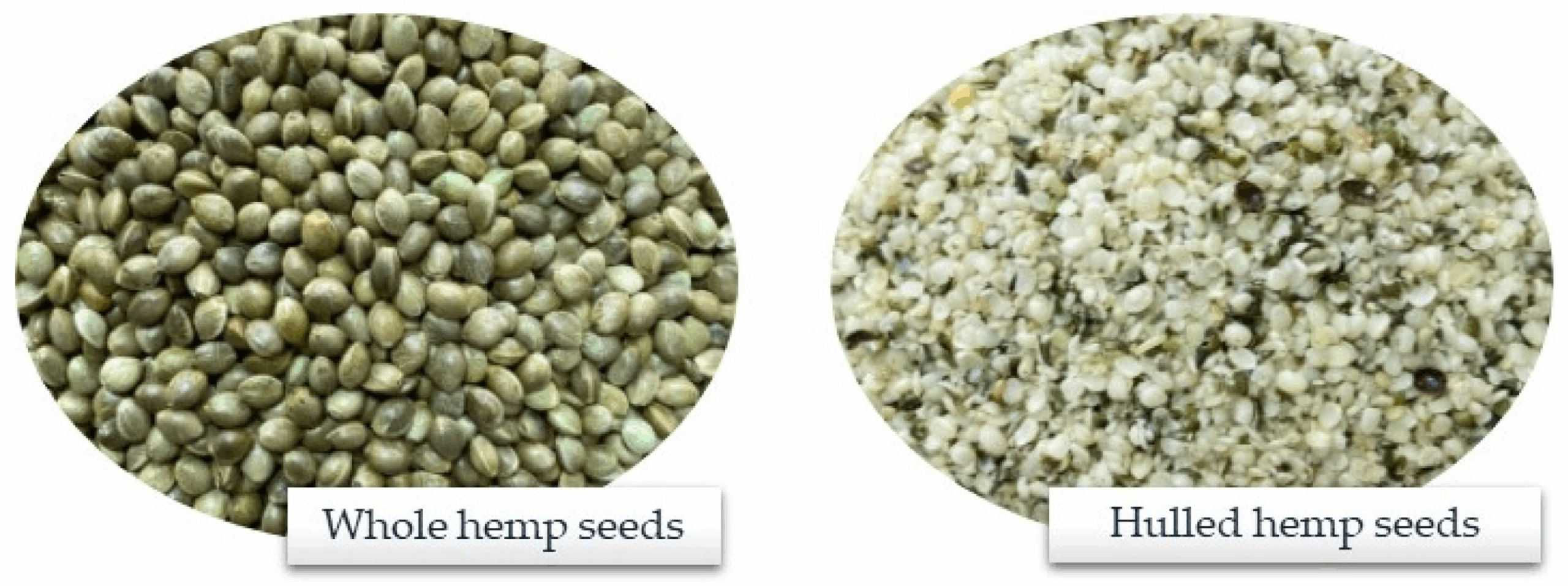
Hemp genetics are selected for strong stalks, abundant seeds, and CBD-rich flowers with very low THC. Cannabis genetics are selected for high resin production, strong aroma, and, yes, a significant THC punch. Some seeds come from Cannabis indica or even Cannabis ruderalis lineages, especially autoflower seeds, which grow and flower quickly without relying on light cycles.
So while the seeds may look the same, their DNA sets them on entirely different paths.
Visual & Growth Differences
Walk through a hemp field, and it looks like a forest of spindly bamboo stalks—tall, skinny plants shooting up in rows, bred for maximum fiber and seed yield. A hemp plant doesn’t put much effort into fattening up its flowers; its value comes from the stalks and seeds.
Now picture a cannabis grow room. The plants are shorter, bushier, and focused on producing dense flower clusters covered in trichomes (the glittery resin glands where cannabinoids and terpenes concentrate). Cultivation goals are clear: hemp equals bulk fiber and seed oil; cannabis equals potent buds with a distinct smell and sticky resin.
THC vs. CBD: The Big Chemical Divide
This is where the conversation usually lands: THC versus CBD.
-
Hemp = CBD-rich, non-psychoactive. You’ll often see hemp-derived CBD in oils, tinctures, or even CBD gummies.
-
Cannabis = THC-dominant, psychoactive. These plants produce flower that delivers a high.
But the story doesn’t end there. Both hemp and cannabis contain dozens of cannabinoids and different terpenes—compounds that contribute to taste, scent, and effect. The way cannabinoids and terpenes work together is sometimes called the “entourage effect.” So a hemp extract high in CBD and myrcene will feel different than a THC-heavy sativa seed strain bursting with limonene.
Buying Hemp vs. Cannabis Seeds
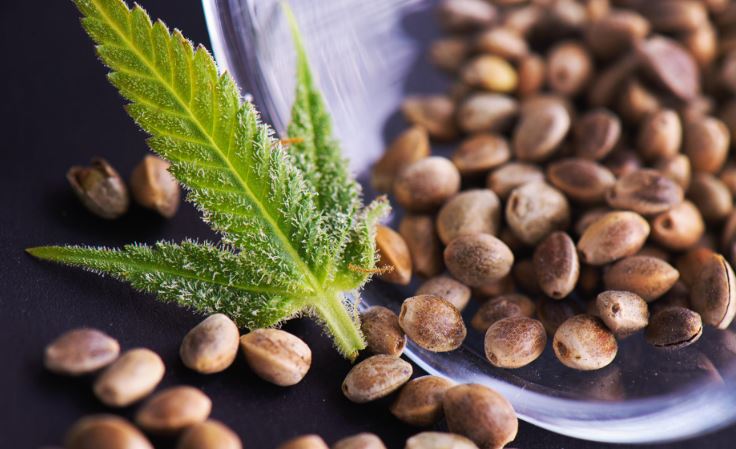
This is where shoppers often get tripped up.
-
Hemp seeds are openly sold in health stores, online markets, and even grocery aisles. Sometimes they’re sterilized and roasted for food. Other times, they’re live seeds used for hemp cultivation. Always check whether you’re buying edible hemp hearts or plantable hemp seed.
-
Cannabis seeds are a bit trickier. They’re typically sold through seed banks or dispensaries. You’ll see categories like autoflower seeds, feminized seed (bred to grow only female plants that produce flower), and regular seeds (a mix of male and female). For serious growers, lab reports and strain descriptions are crucial—THC content, aroma, flavor, and medical uses often come listed like a wine bottle’s tasting notes.
Legal Considerations
Hemp is federally legal in the United States under the 2018 Farm Bill, provided it contains less than 0.3% THC. That’s why hemp cultivation has exploded into everything from hemp fiber industries to hemp protein powders and hemp oil supplements.
Cannabis remains a different story. While cannabis products and marijuana plants are legal in many U.S. states for medical or recreational use, they’re still illegal under federal law. International laws vary even more: some countries allow cannabis cultivation, others allow hemp only, and in certain places both are still banned.
That’s why buying cannabis seeds can feel like a legal chess game—you need to know your country, your state, and sometimes even your city’s stance.
Which One Is Right for You?
So which do you buy?
-
Choose hemp seeds if you want hemp protein powder, hemp seed oil, hemp milk, or if you’re growing industrial hemp for fiber and CBD-rich extracts. They’re for people more interested in nutrition, wellness, and practical products.
-
Choose cannabis seeds if you’re aiming for recreational THC-rich flower or medical marijuana plants. This is where strain names like Super Lemon Haze, Strawberry Cough, and Sour Diesel come into play—cultivars bred specifically for their psychoactive punch and distinct aromas.
The key takeaway: hemp seeds and cannabis seeds may look the same on the outside, but what grows from them couldn’t be more different.
Conclusion
Hemp seeds vs. THC cannabis seeds: what’s the difference? It comes down to intention. One seed grows into a hemp plant built for hemp hearts, hemp oil, and hemp fiber. The other grows into a marijuana plant prized for its THC content, cannabinoids, and therapeutic benefit.
Next time you’re browsing cannabis seeds or a bag of hemp protein powder, remember that they share the same species but not the same destiny. Know your goals before you buy—CBD wellness or THC buzz—and pick the seed that matches your needs.
